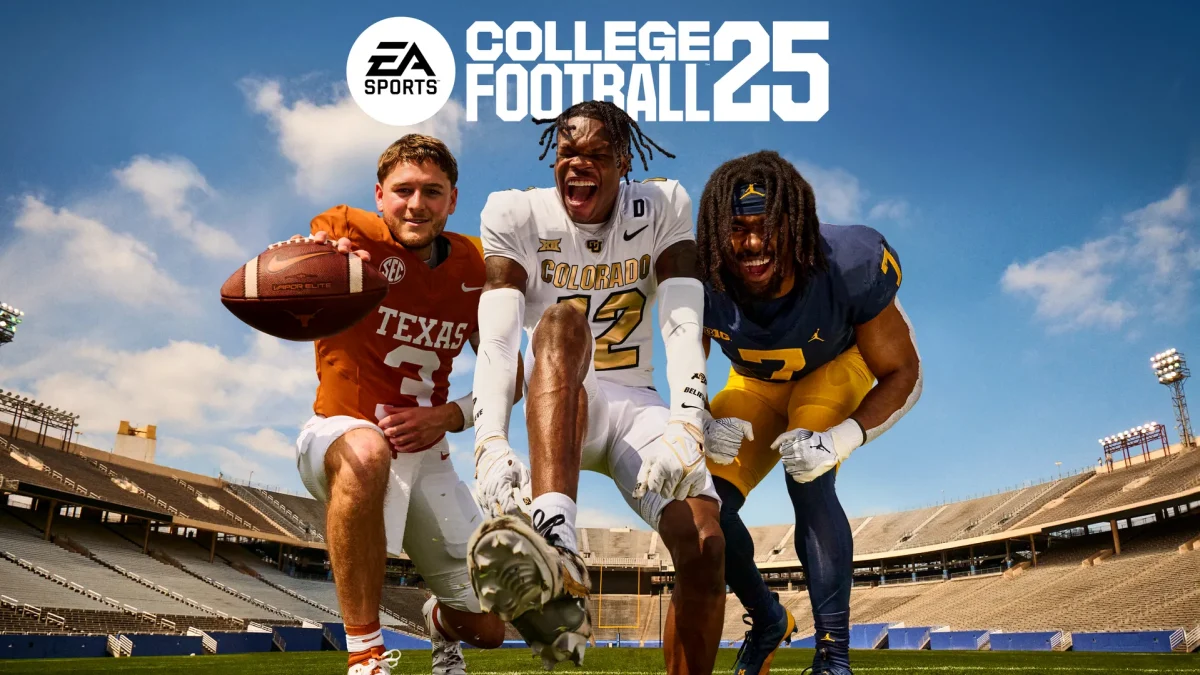Historically Black Colleges and Universities: A Step Towards Greater Education
Historically Black Colleges and Universities (HBCUs) have been around for many years, the majority originating before the Civil Rights Act in 1964 with the intention of serving the African-American community.
HBCUs have played a vital role in the development of many African-American professionals.They offer an establishment that helps people pursue professional careers and advance their education in an enlightening environment.
As of October 2022, there are 107 HBCUs in the United States, with North Carolina A&T State University being the largest. Some other popular HBCUs by enrollment according to HBCULifestyle include Albany State University, Morgan State University, Tennessee State University, Florida A&M University, Texas Southern University and Howard University.
Research graduates Feagin and Sikes found in 1995 that in addition to feeling out of place, African-American college students attending predominantly white institutions (PWIs) felt pressured to suppress their identities to adapt to the school’s culture.
“Everything happening with Black Lives Matter pushed me to want an environment where I could talk to other students about these things,” Alversia Wade, a Spelman College student said in an interview with Hechingerrport.
Wade said that being around people she could relate to affected her decision making when it came to choosing a college. She said she wanted to go somewhere where she wouldn’t have to explain herself.
African-Americans who have attended HBCUs are prone to be more successful than if they attended a regular college. According to UNCF, 25 percent of African Americans in STEM received their degrees at an HBCU.
African Americans, specifically men, have the lowest graduation rate compared to other races and ethnicities. However when attending an HBCU, their graduation rate drastically increases. According to UNCF, “An HBCU graduate can expect to earn an additional $927,000 in their lifetime, which is 56 percent more than they can expect to earn without their HBCU degrees or certificates.”
Some A-list celebrities have attended HBCUs. The American talk show host, Oprah Winfrey graduated from Tennessee State University in 1976. Now, 46 years later, Winfrey is one of the most recognized women on television and has a networth of $2.5 billion. According to Andscape, Oprah claims school shaped her into the person she is now and donated $2 million to Tennessee State University.
The American rapper, Megan Pete (Megan Thee Stallion), graduated from Texas Southern University in 2021. The grammy winning rapper earned her bachelor of science in health administration in honor of her mother and grandmother. She has combined her college education and love for rapping in hopes to create a better environment.
Many Krop students have not only expressed interest in attending an HBCU, but are planning to apply.
“I want to go to Florida A&M University,” junior Herline Lafrance said. “I want to experience medicine with other black girls and I’ll know I won’t be different from the people around me.”





























